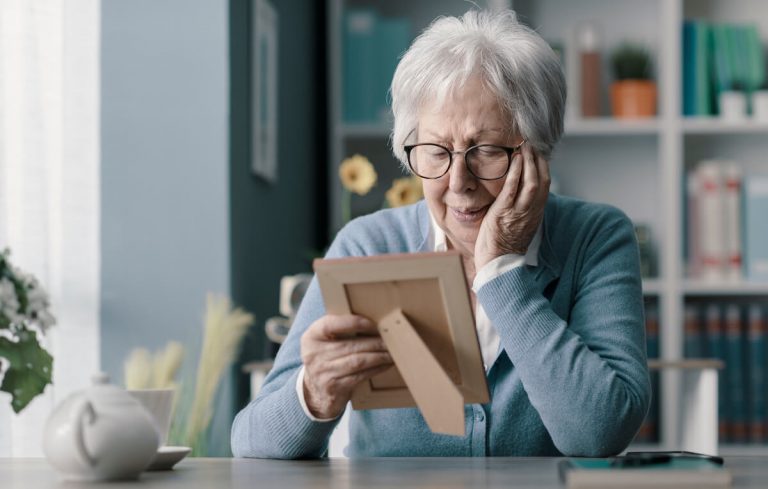Dementia is a condition that affects millions of older adults worldwide, profoundly impacting their lifestyle, their health, and their families’ well-being. While it is widely recognized for its effects on memory and cognitive function, what often goes unnoticed are the distinct ways it manifests differently in women compared to men.
With women representing nearly two-thirds of dementia cases globally, The Pavilion at Great Hills believes it’s vital to explore why this disparity exists. Factors such as hormonal changes during menopause and unique risk profiles create differences in how dementia progresses in women. By unraveling these nuances, our team aims to empower you to make informed decisions about memory care in Austin, ensuring your parent receives compassionate, gender-sensitive programs in a supportive setting.
Dementia in Women Vs. Men

Dementia affects women and men differently, with symptoms and disease progression often varying by gender. In the United States, more than 11 million women are either living with Alzheimer’s or serving as caregivers for those with the condition, meaning that nearly two-thirds of Americans diagnosed with Alzheimer’s disease are women. Additionally, women in their 60s face a lifetime risk of developing Alzheimer’s that is twice as high as their risk of developing breast cancer.
Women are more likely to experience memory decline as an early symptom, while men may first show changes in behavior or judgment. Furthermore, the pace at which cognitive abilities diminish can vary. Studies indicate that dementia in women generally progresses faster than in men, posing unique challenges in caregiving.
Underlying these observable differences are biological and hormonal factors. For women, menopause marks a significant turning point for cognitive health. The decline in estrogen—a hormone crucial for brain health—is linked to increased risks of dementia. Estrogen helps preserve the connections between brain cells and protects against inflammation, both of which are vital for maintaining memory and mental sharpness. When estrogen levels drop during menopause, this protective effect diminishes, leaving women more vulnerable to conditions like Alzheimer’s disease.
The Importance of Gender-Sensitive Memory Care

At The Pavilion at Great Hills, we believe that providing effective care for women with dementia requires more than just general programs; it necessitates a thoughtful and gender-sensitive approach. This is why our memory care community in Austin, TX, creates a supportive and well-thought-out setting that can foster a greater sense of belonging, comfort, and emotional stability for every individual.
Gender-sensitive memory care stands out by offering programs tailored to the unique interests and strengths of women. Our signature Valeo™ memory care programs are thoughtfully designed to bring joy, encourage social connections, and inspire creative expression—elements that often deeply resonate with women. These programs emphasize holistic wellness and are grounded in the latest scientific research to enhance overall well-being. Our dedicated team works closely with both male and female residents to thoughtfully personalize each program, ensuring it aligns with their individual needs and preferences.
Another key element lies in fostering physical wellness, as physical activity has been shown to improve cognitive function for those living with dementia. Programs in our memory care community in Austin incorporate exercises that are suitable for women at different stages of physical ability, ensuring inclusivity while promoting movement that enhances brain health.
—
Dementia in women poses challenges that extend beyond the cognitive aspects of the condition. From hormonal changes linked to menopause to the faster progression of symptoms, the unique experiences of women demand tailored, compassionate care. By understanding these nuances and prioritizing gender-sensitive programs, we can create more enriching spaces for women with dementia to thrive.
Exploring dementia care options is a crucial step for ensuring your mom receives the highest level of care and support she deserves. At The Pavilion at Great Hills, we recognize that dementia can present differently in women, often with unique challenges such as greater emotional sensitivity or changes in verbal abilities. Through tailored programs designed to stimulate cognitive function and foster emotional resilience, our memory care team in Austin strives to meet the particular needs of women facing dementia.
Contact us today to learn more and discover how we can provide compassionate and effective support for your mom!









